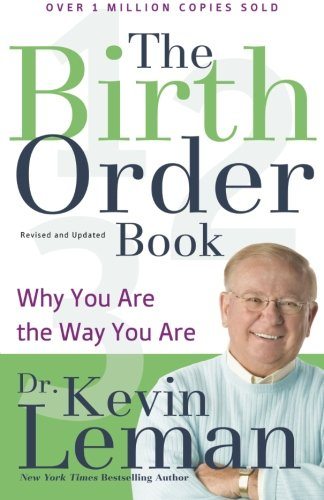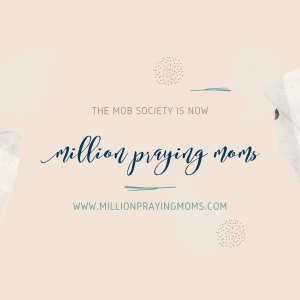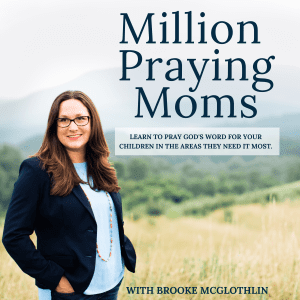With four boys in my family (three of them born two years apart,) I have found the study of birth order really helpful. Fascinating. Might I say: Shockingly spot-on in many ways. Of course birth order is not a perfect science, and there are exceptions to the rules, but I think a good look at where a child falls in the family line can give us some helpful clues to parenting them well and understanding a little more about why they are the way they are.
Kevin Leman’s book, The Birth Order Book: Why You Are the Way You Are is a great book with clear explanations about each of the positions in a family line. You might want to read the whole book to get a fuller understanding of things, but today I thought it would be fun to cover just the basics of the three main positions: First born, middle children, and the baby of the family.

Here’s a quick overview!
FIRST BORN: First borns are typically conscientious, hard working, and often perfectionists. They most often like order, and to be in control. First borns are hard on themselves, and sometimes hard on others. Over half of our countries presidents were first-borns, and you’ll often find them running companies, and leading movements.
Parenting first borns: Parenting first borns is often a true joy, because firstborns aim to please. But we also need to be careful not to take advantage of our driven and over-achieving first borns, or be too critical (they’re already hard on themselves). It is also important to remember that though they are self-sufficient, our first borns still need parental time and attention.
MIDDLE CHILDREN: Middle kids do tend to get stuck in the middle, and therefore have developed a stigma as the “poor middles,” or having a “middle child syndrome.” Middle children are often great peacemakers, and independent. Because they can get overlooked in the family shuffle, they learn to entertain themselves. But they are also the ones most likely to seek belonging outside of the family, to explore (sometimes getting into trouble), and move away from family when they are grown. Because they seek to belong, they are said to have the most stable marriages as adults.
Parenting a middle: What a middle child needs most is time and attention. Take time to listen and love on your middle kids. Give them a voice, and make sure they know they belong. Appreciate their easy going personalities and let them know that they are valuable to your family.
YOUNGEST KIDS: The baby of the family will usually make their voices heard. They tend to get their way because parents are too tired or have relaxed the rules since the first-born days. Youngest kids are known for being more spoiled, and getting by with more than their older siblings, but that isn’t always true (spoken like a true youngest kid)! Youngest kids love to be the center of attention, which explains why a good number of comedians and entertainers are youngest kids.
Parenting youngest kids: Though it is normal to relax things by the time a third (or fourth…) child is born, it is important to hold younger kids to rules and boundaries. They need some responsibility and boundaries just like the others did. (They also might need a stage and good lights.)
Keep in mind that there are many variables that affect birth order traits: If there is a several year gap between two kids, the next one will often take on first born characteristics. Also the gender of the kids, adoptions, and mixed families will all affect birth order. The birth order of the parents will also affect how you parent your kids, which is an interesting study of its own!
Bottom line: Taking the time to study and understand each of your kids will help you parent them well. Understanding birth order can help us love our kids…right where they are.
With Aloha, Monica
RESOURCES










p;ease send me daily calendar…Thanks